Data Science – Top Trends in 2016
With another year of technology advancements and Big Data gearing up at a rapid pace, the experts have been challenged to highlight their predictive inclinations towards identifying emerging trends in Data Science. Much of data science is leveraged to detect and extrapolate varying trends from incongruent data patterns. The last year has been remarkably good in the field of data science – Semantics gained more importance than ever before, the field of Big Data matured radically, and the demand for experienced data visualizers has spiked dramatically.
2016 seems to be more of the same, with the focus switching more to semantics and analytics. Hadoop has become more mainstream. These Data Science training courseswould benefit organizations seeking more comprehensive view of their data environment as well as represent lucrative opportunities for talented programmers, analysts, and architects.
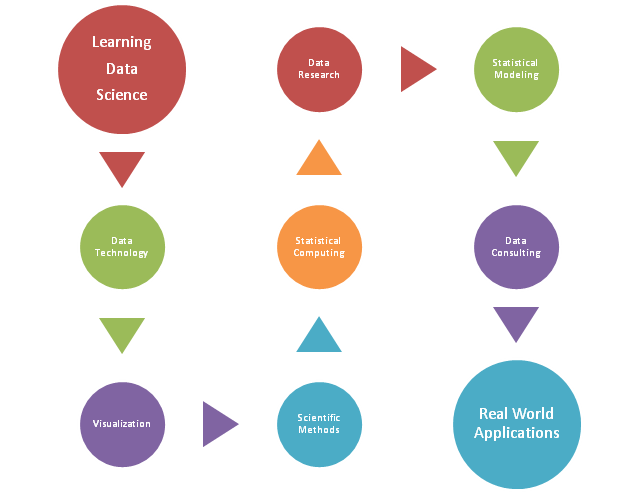
The below-mentioned trends are noteworthy in 2016:
Hybrid Data Stores will Become More Common
One thing that will definitely drive the world of data science is the growth of hybrid data stores, which can store data in different ways and transform them internally. These stores also render more sophisticated and professional mid-tier kind logic. The systems may include the capability of working with RDF, JSON, XML and relational data, and possess deep query capabilities in multiple modes. The biggest advantage of hybrid data stores is that information does not need to be serialized out to text first and then back to processing. This can make such operations relatively faster.
Advent of Data Virtualization
One of the biggest trends in Data Science is the rise of data virtualization. Today, the fields of semantics, natural language queries and data hubs, all have converged into data virtualization, making Data Science Certification more effective and vital for any company. It is the process of making company data silos accessible to each other by using hybrid data systems that are capable of storing as well as retrieving content in a wide range of formats.
With the rise of data virtualization, information can come from multiple formats and channels, and can be mined for any sort of semantic attachment. The information can then be stored internally within the data system. In addition to this, data virtualization can also present outputs in a wide range of formats to aid in more sophisticated use of the data. This includes presenting it as a data stream for purposes, visualization and reporting tool.
Semantics Becomes the Buzzword
When SPARQL 1.1 was released in 2013, who knew that over a couple of years, a major upgrade to the SPARQL will emerge as the de facto mechanism to communicate with triple stores! This, in turn, has paved the path for utilizing cutting-edge semantics-based applications. Semantics gain major importance in recommendation engines and other similar applications as such systems deal more with searching and building connections between different types of resources. However, of late, experts are predicting that SPARQL Service Description language will become the latest Data Science trend 2016, offering a more standardized mechanism to discover data sets. This will make it easier for people to programmatically discover the structure of data and create tools to make the datasets easily accessible without any complexity.
Hadoop Continues to Gain Significance
There are several reasons why Hadoop is expected to drive data science even in 2016, one of the biggest reasons being companies can easily explore full datasets as well as mine larger datasets without any complexity. Hadoop also aids in large-scale data preparation and accelerates the process of data-driven innovation. Since 80% of data science is related to data preparation, the importance of Hadoop will continue to grow in years to come.
Find a course provider to learn Data Science
Java training | J2EE training | J2EE Jboss training | Apache JMeter trainingTake the next step towards your professional goals in Data Science
Don't hesitate to talk with our course advisor right now
Receive a call
Contact NowMake a call
+1-732-338-7323Take our FREE Skill Assessment Test to discover your strengths and earn a certificate upon completion.
Enroll for the next batch
Data Science-Python-ML-AI-Deep Learning (Hands-on Training)
- Sep 1 2025
- Online
Data Science
- Sep 2 2025
- Online
Data Science-Python-ML-AI-Deep Learning (Hands-on Training)
- Sep 3 2025
- Online
Data Science
- Sep 4 2025
- Online
Data Science-Python-ML-AI-Deep Learning (Hands-on Training)
- Sep 5 2025
- Online
Related blogs on Data Science to learn more

Why Pursue Data Science Training?
Empower your career in a data-driven world. Learn why data science training is crucial for high-demand jobs, informed decisions, and staying ahead with essential skills.
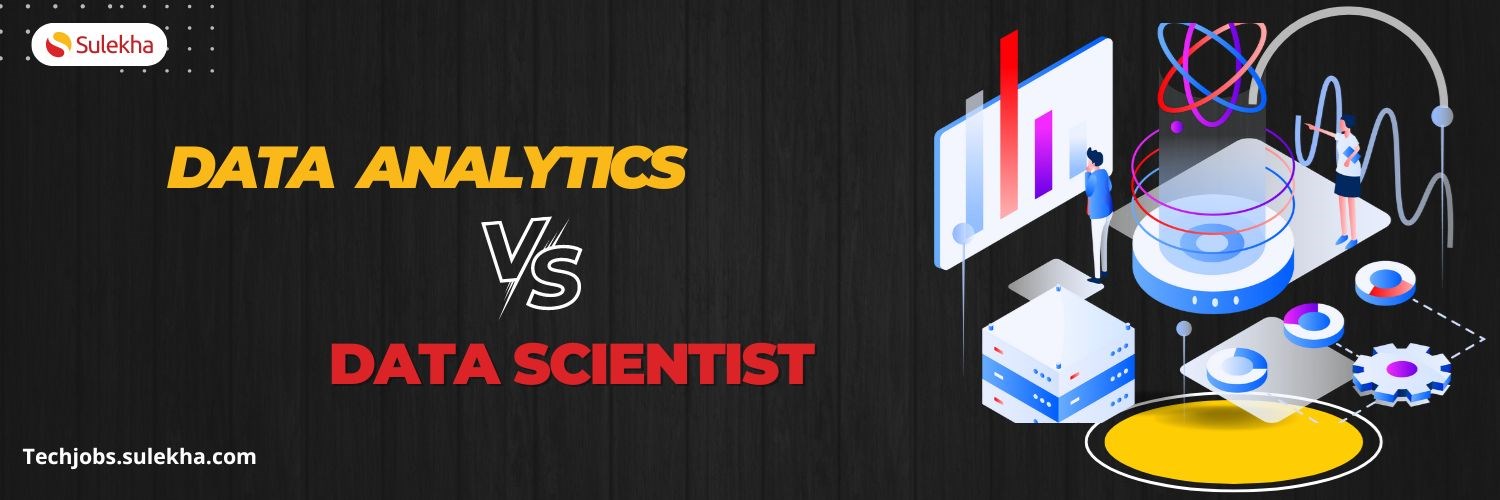
Overview of data analytics VS data scientist
"Discover the key differences between data analytics and data science, explore top courses, job roles, salary expectations, and essential tools to build a successful career in these fields."
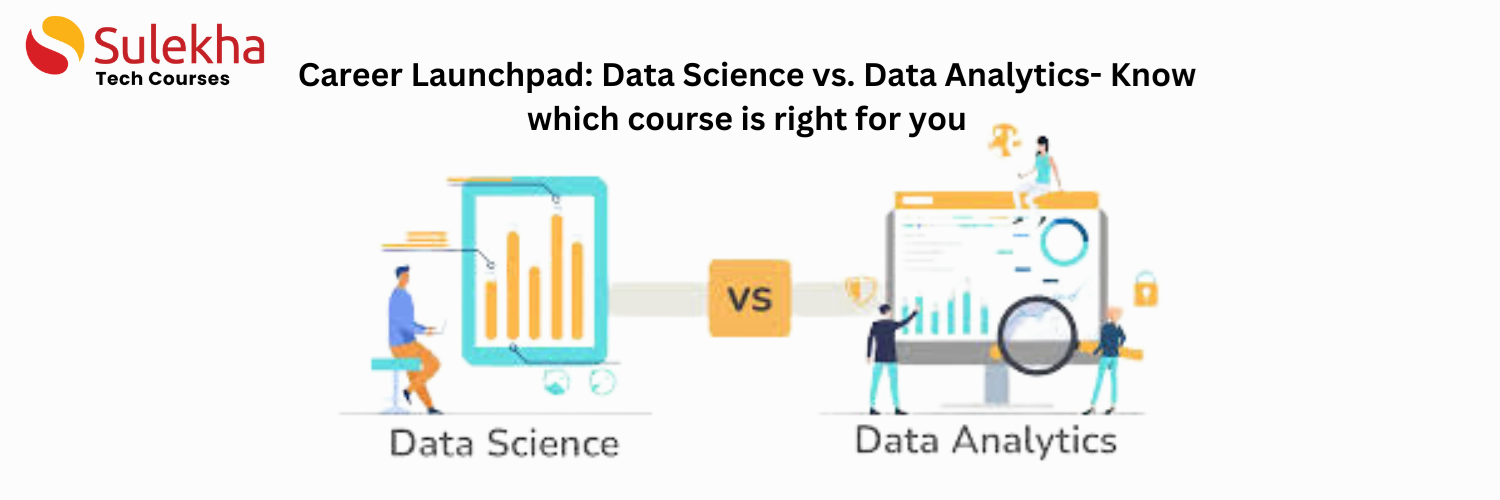
Career Launchpad: Data Science vs. Data Analytics- Know which course is right for you
Discover the key differences between Data Science and Data Analytics to choose the right course for your career. Explore roles, curriculum, salaries, and future prospects in this comprehensive guide.
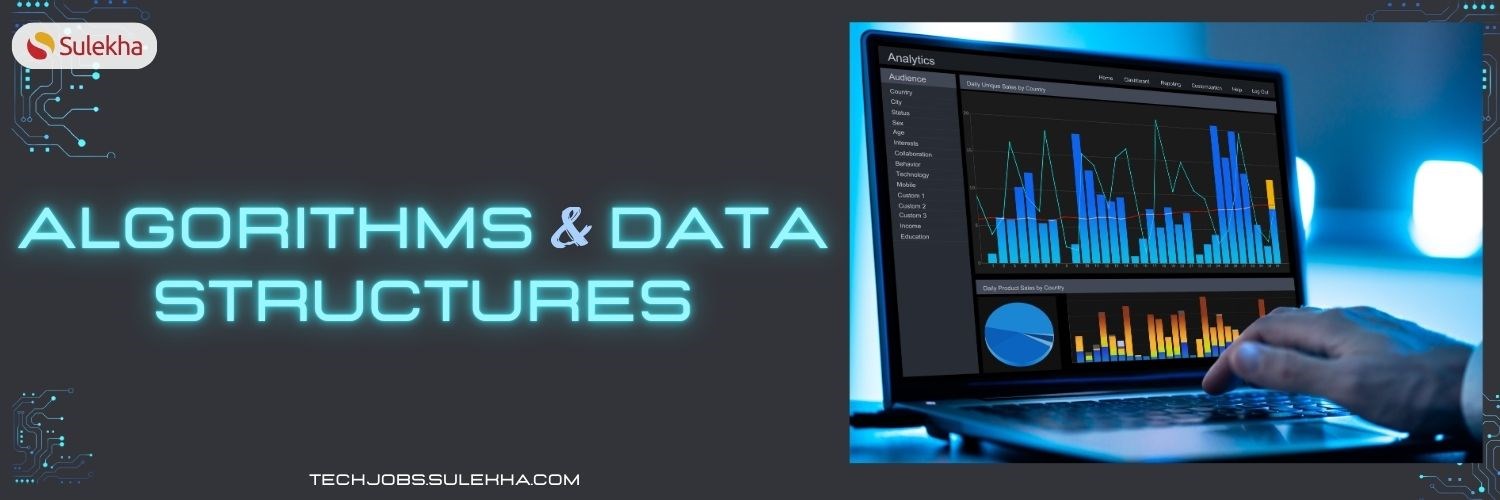
What are Algorithms?
Discover the fundamentals of algorithms and data structures, their characteristics, types, and their crucial role in problem-solving and programming efficiency.

TEN ENTRY LEVEL JOBS IN IT FOR FRESHERS
Explore ten entry-level IT jobs for freshers, including roles like Help Desk Technician and Cloud Engineer, that require no prior experience but foundational IT knowledge. Discover exciting career paths in the technology sector that offer growth and

What is statistics?
Discover the basics of statistics, including its major types—descriptive and inferential—and their importance in data analysis and prediction.

Twelve High Paying Jobs in New York City
Uncover twelve high-paying jobs in New York City, including roles like data scientist and public relations manager. Learn about their responsibilities and salary ranges.

What is Linear Algebra?
Discover the importance of linear algebra in various fields like data science, economics, and medicine. Understand its applications and why it's an essential skill for students and professionals alike.

TEN ENTRY LEVEL JOBS IN IT FOR FRESHERS
Discover ten entry-level IT jobs perfect for freshers, offering exciting career opportunities and a pathway to success in the tech industry.
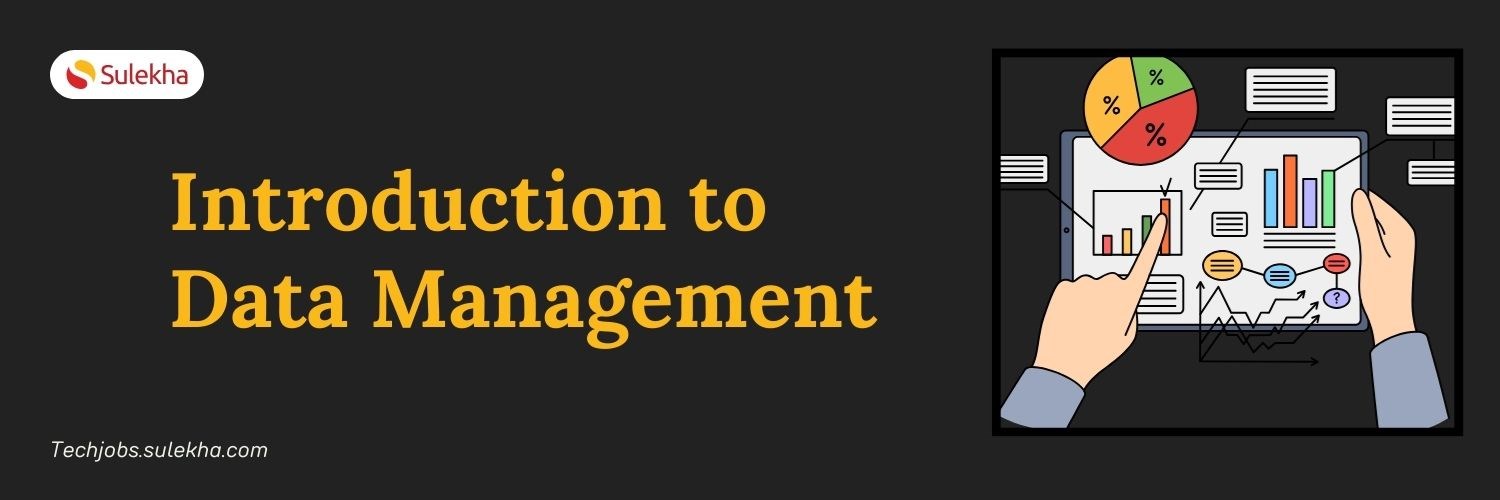
What is data management?
In this blog, we have covered what is data management, Data management process, and types of data management.
Latest blogs on technology to explore
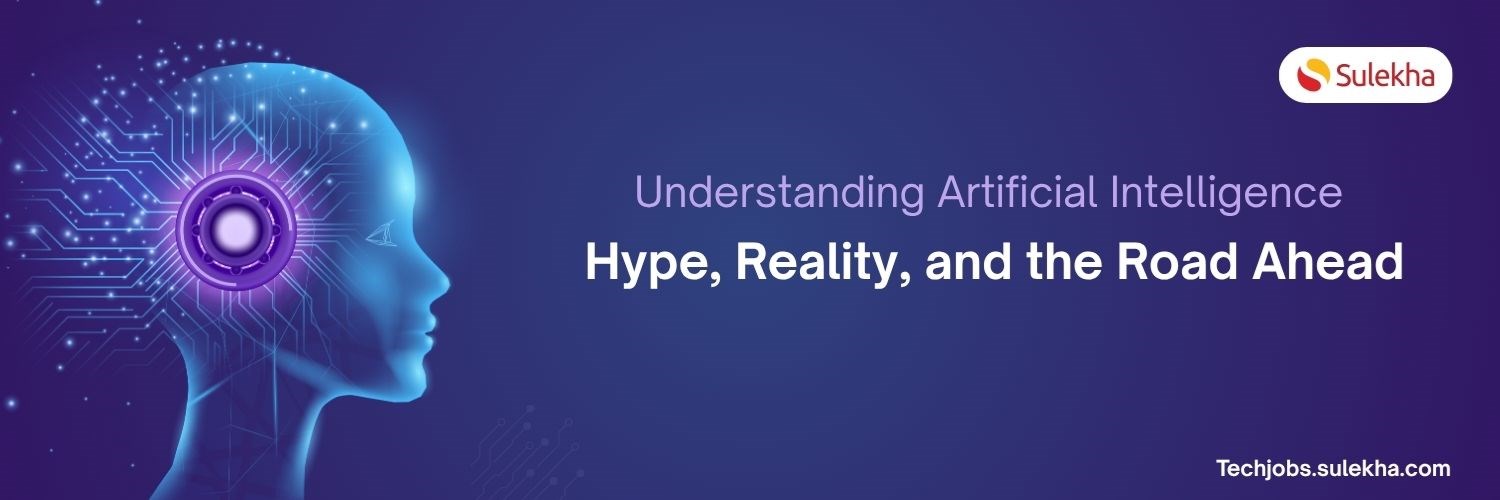
Understanding Artificial Intelligence: Hype, Reality, and the Road Ahead
Explore the reality of Artificial Intelligence (AI) — its impact, how it works, and its potential risks. Understand AI's benefits, challenges, and how to navigate its role in shaping industries and everyday life with expert training programs
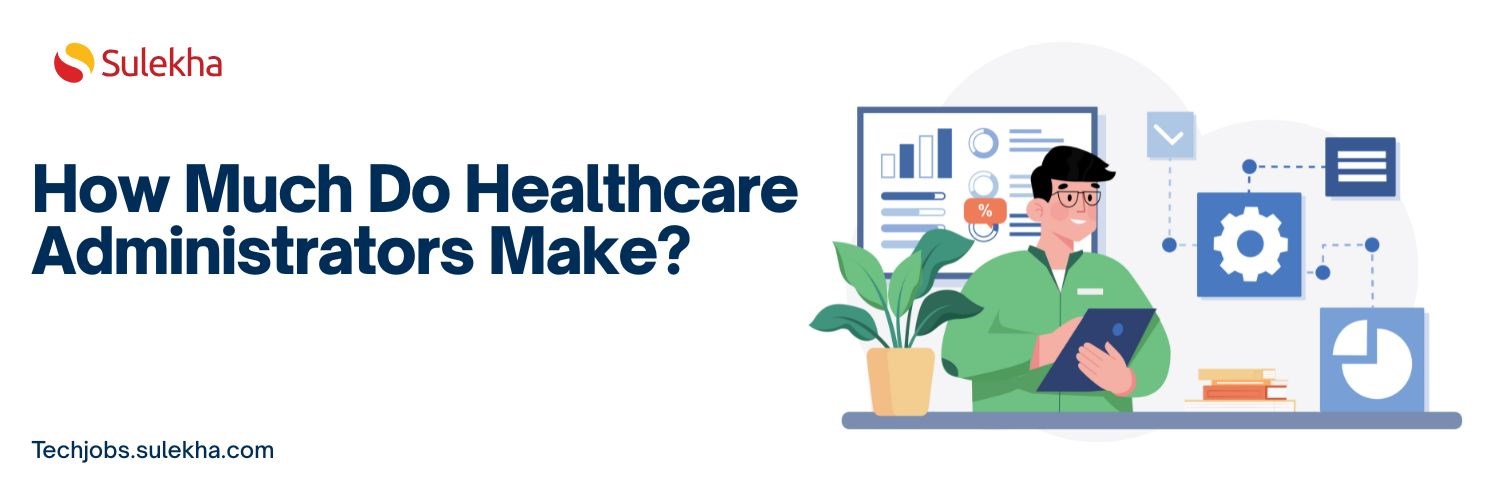
How Much Do Healthcare Administrators Make?
Discover how much healthcare administrators make, the importance of healthcare, career opportunities, and potential job roles. Learn about salary ranges, career growth, and training programs with Sulekha to kickstart your healthcare administration jo

How to Gain the High-Income Skills Employers Are Looking For?
Discover top high-income skills like software development, data analysis, AI, and project management that employers seek. Learn key skills and growth opportunities to boost your career.
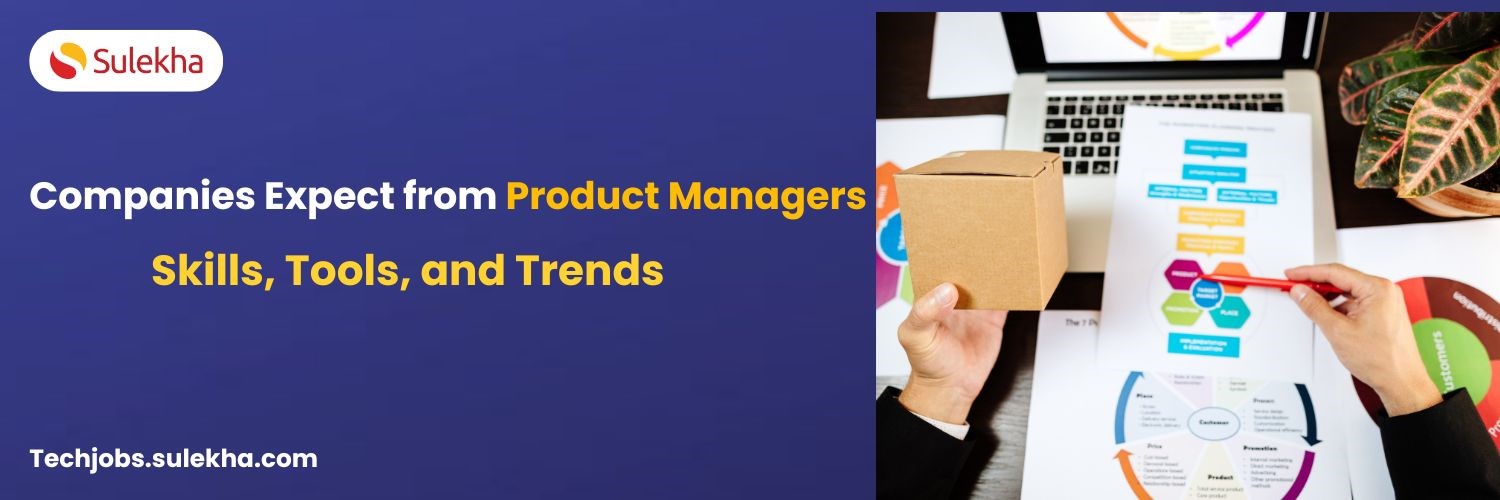
What Companies Expect from Product Managers in 2025: Skills, Tools, and Trends
Explore what companies expect from Product Managers in 2025, including essential skills, tools, certifications, and salary trends. Learn how to stay ahead in a rapidly evolving, tech-driven product management landscape.
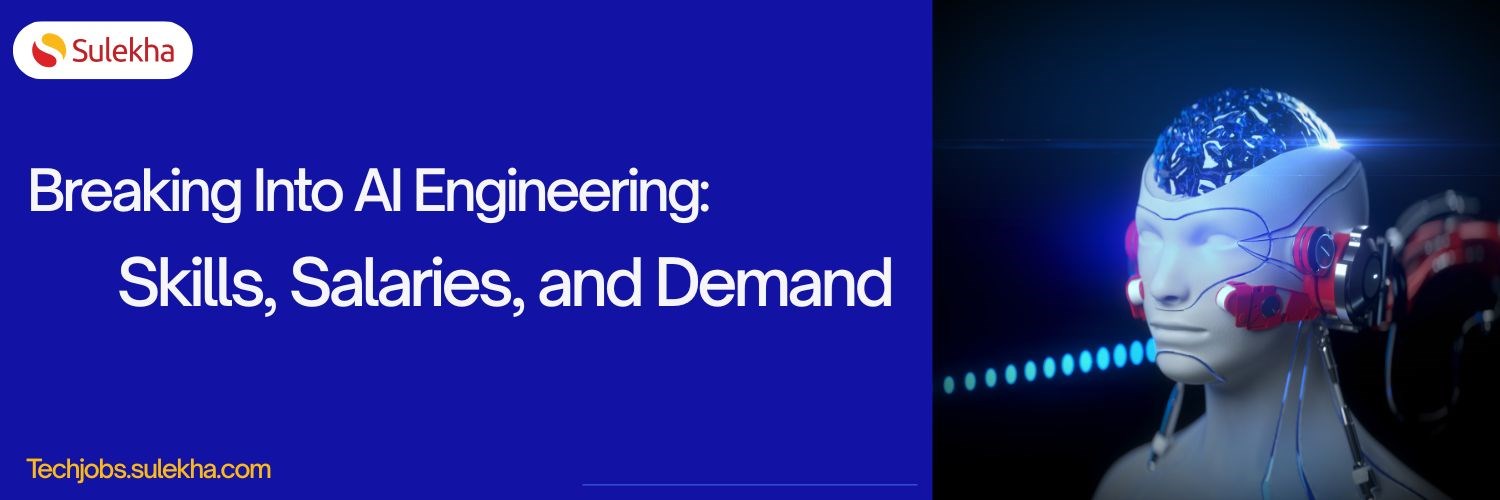
Breaking Into AI Engineering: Skills, Salaries, and Demand in the US
Discover how to break into AI engineering with insights on essential skills, salary expectations, and rising demand in the US. Learn about career paths, certifications, and how to succeed in one of tech’s fastest-growing fields.

Cybersecurity Training: Powering Digital Defense
Explore top cybersecurity training programs in the USA to meet rising demand in digital defense. Learn about certifications, salaries, and career opportunities in this high-growth field.

Why Pursue Data Science Training?
Empower your career in a data-driven world. Learn why data science training is crucial for high-demand jobs, informed decisions, and staying ahead with essential skills.

What Does a Cybersecurity Analyst Do? 2025
Discover the vital role of a Cybersecurity Analyst in 2025, protecting organizations from evolving cyber threats through monitoring, threat assessment, and incident response. Learn about career paths, key skills, certifications, and why now is the be
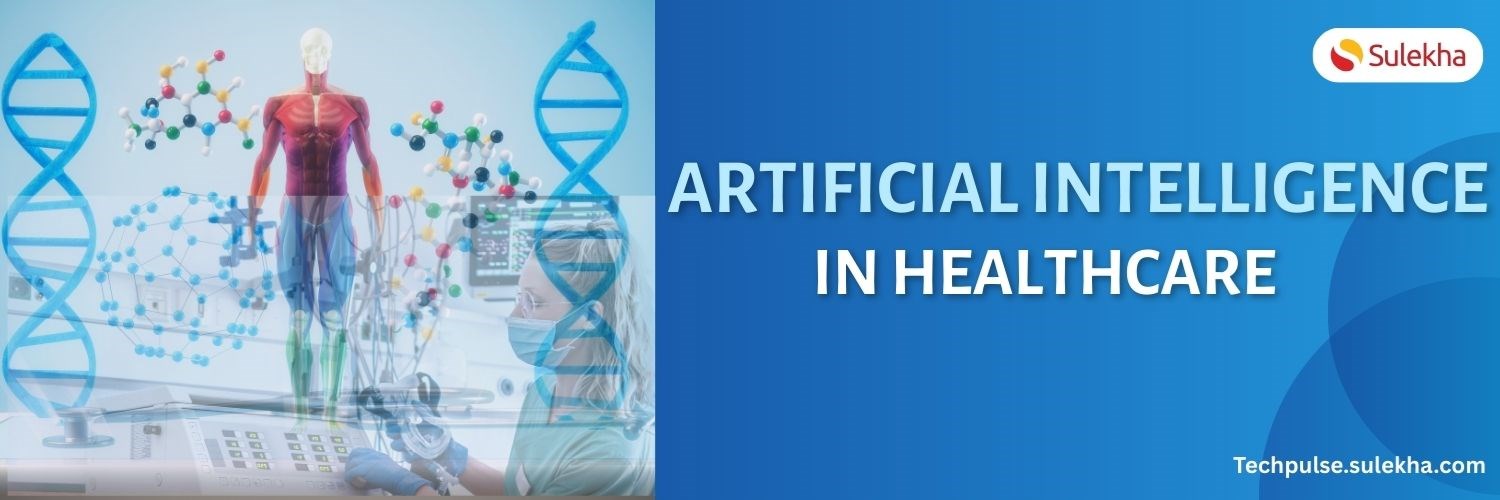
Artificial intelligence in healthcare: Medical and Diagnosis field
Artificial intelligence in healthcare: Medical and Diagnosis field
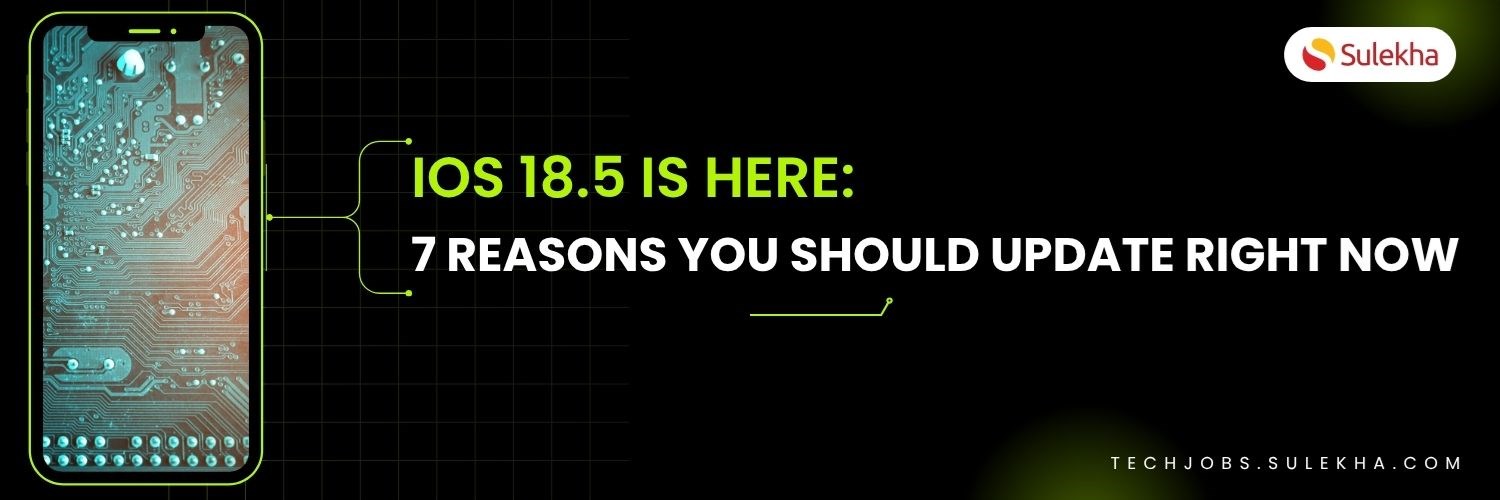
iOS 18.5 Is Here: 7 Reasons You Should Update Right Now
In this blog, we shall discuss Apple releases iOS 18.5 with new features and bug fixes